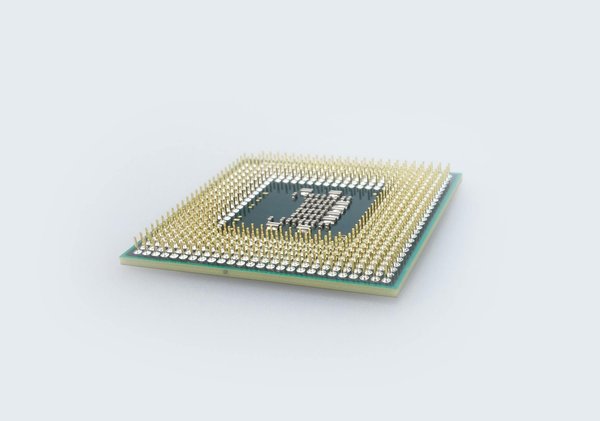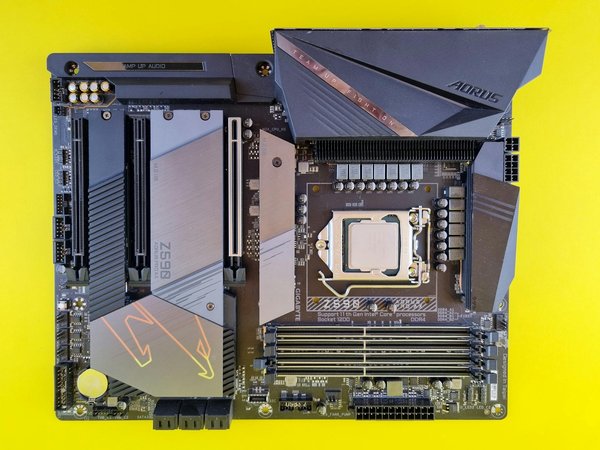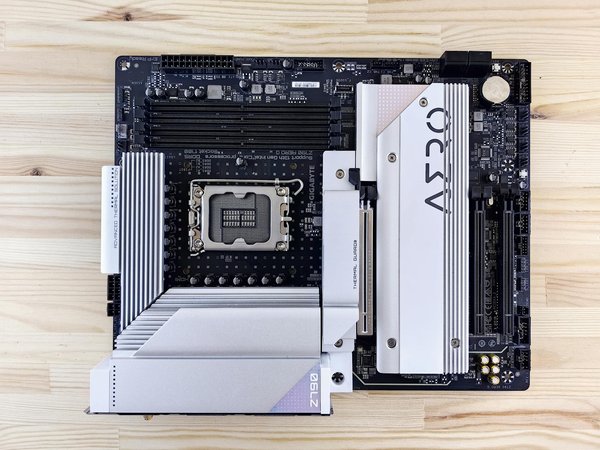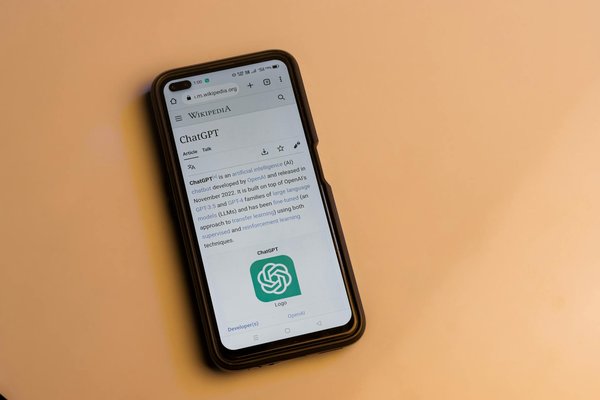📰 Mooselymail
Welcome to Mooselymail
Your source for Computing (EN) insights. Explore our articles and guides.

Our topics
Explore all our Computing (EN) content
Latest articles
Our recent publications


Hardware
How Does the Evolution of Computing Hardware Reflect Technological Advancements?

Hardware
How is UK computing hardware advancing artificial intelligence applications?

High tech
Boost business productivity through effective plm software solutions

High tech
Enhance cybersecurity through effective product lifecycle strategies

High tech
How is the UK advancing in the field of nanotechnology?

High tech
How plm software enables sustainable product development

High tech
Strengthen your cyber defenses with product lifecycle management

Internet
Empower llms with advanced private search solutions

Internet
How Can Emerging Technologies Reshape Our Digital Lives?

Internet
Is Our Digital Privacy Truly Worth Protecting?

Internet
What are the challenges of implementing blockchain in the UK financial sector?

Marketing
Best mockup generator to create stunning visual mockups easily

Marketing
How are UK brands leveraging AR and VR in their marketing campaigns?

Marketing
How is AI transforming customer personalization in the UK?

Marketing
Top 10 mockup generators for effortlessly crafting eye-catching visuals

Marketing
What impact does quantum encryption have on UK marketing data protection?

News
How Does the Latest AI Development Affect Data Privacy in the UK?

News
How Will Emerging Technologies Transform UK Computing Trends?

News
What Are the Latest Trends in UK Computing That Innovators Should Be Aware Of?

Smartphones
How are smartphones driving innovation in UK app development?

Smartphones
How do UK smartphones facilitate remote health monitoring?

Smartphones
How is AI influencing smartphone development in the UK?

Video games
How does computing innovation drive the success of UK video game companies?

Video games
What innovations are UK indie game developers bringing to the industry?
Frequently Asked Questions
Are the articles free?
Yes, all our content is freely accessible.
How often do you publish?
We publish several articles each week.
Can I contribute?
Contact us to submit your articles.
How can I stay updated?
Subscribe to our newsletter.